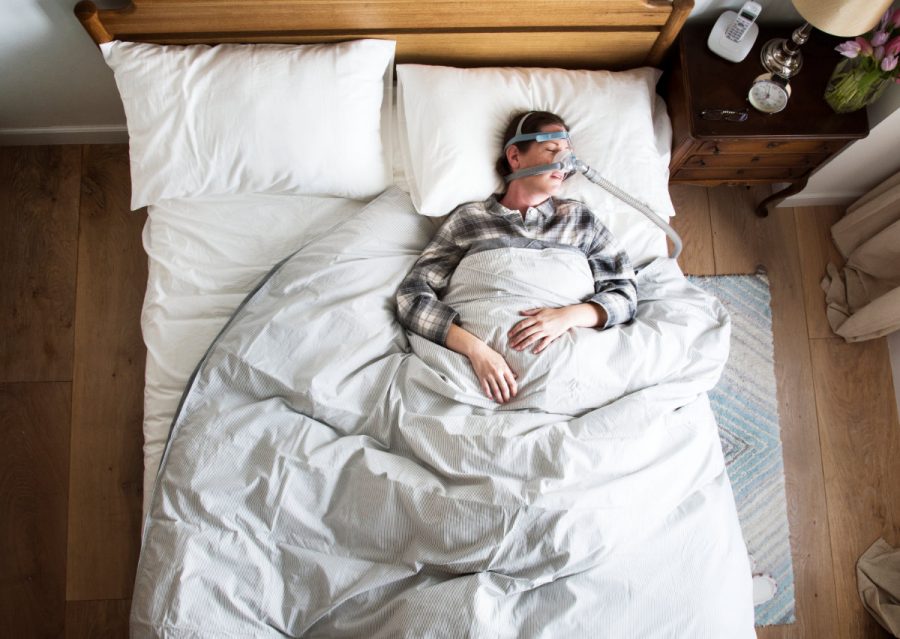It’s known as the silent killer: High blood pressure. It may not show symptoms, but it can increase the risk of heart disease, heart failure, stroke, and more. Nearly half of adults in the United States have high blood pressure, or hypertension. Only about 1 in 4 has their condition under control (CDC).
Evidence shows a strong association between Obstructive Sleep Apnea and chronic hypertension. OSA makes patients more likely to develop hypertension, but people who have hypertension are also more likely to have sleep apnea. Continuous Positive Airway Pressure, or CPAP, is the primary treatment for OSA.
Using your CPAP as prescribed has many benefits, including better sleep quality, reduced symptoms like daytime sleepiness, and improvement in quality of life. Research has shown that there’s an extra benefit to staying compliant with CPAP therapy: lower blood pressure.
Researchers have found that CPAP use results in a significant improvement in blood pressure. In one study, researchers monitored 55 patients with both OSA and hypertension for 24 months. Researchers recorded how much the patients used their CPAP. Patients wore a device to monitor and record their blood pressure. At the end of the study, patients who used their CPAP as they should had a considerable reduction in their diastolic blood pressure!
Benefits of CPAP Therapy
CPAP can bring significant benefits to those with sleep apnea, including reducing the risk for illnesses associated with OSA like hypertension and stroke. There’s a catch, though: CPAP only brings those benefits when used regularly. A 2017 study showed that even three months of compliant CPAP therapy showed a significant reduction in systolic and diastolic pressures. Patients who weren’t fully compliant with therapy saw no significant changes. Successful treatment of sleep apnea had additional cardiovascular benefits. Even patients who originally experienced reduced blood pressure saw those benefits reverse after a week without CPAP therapy.
If you are having problems using your CPAP as prescribed, there is help available! Talk to your sleep physician or contact your Rotech location for more information.


